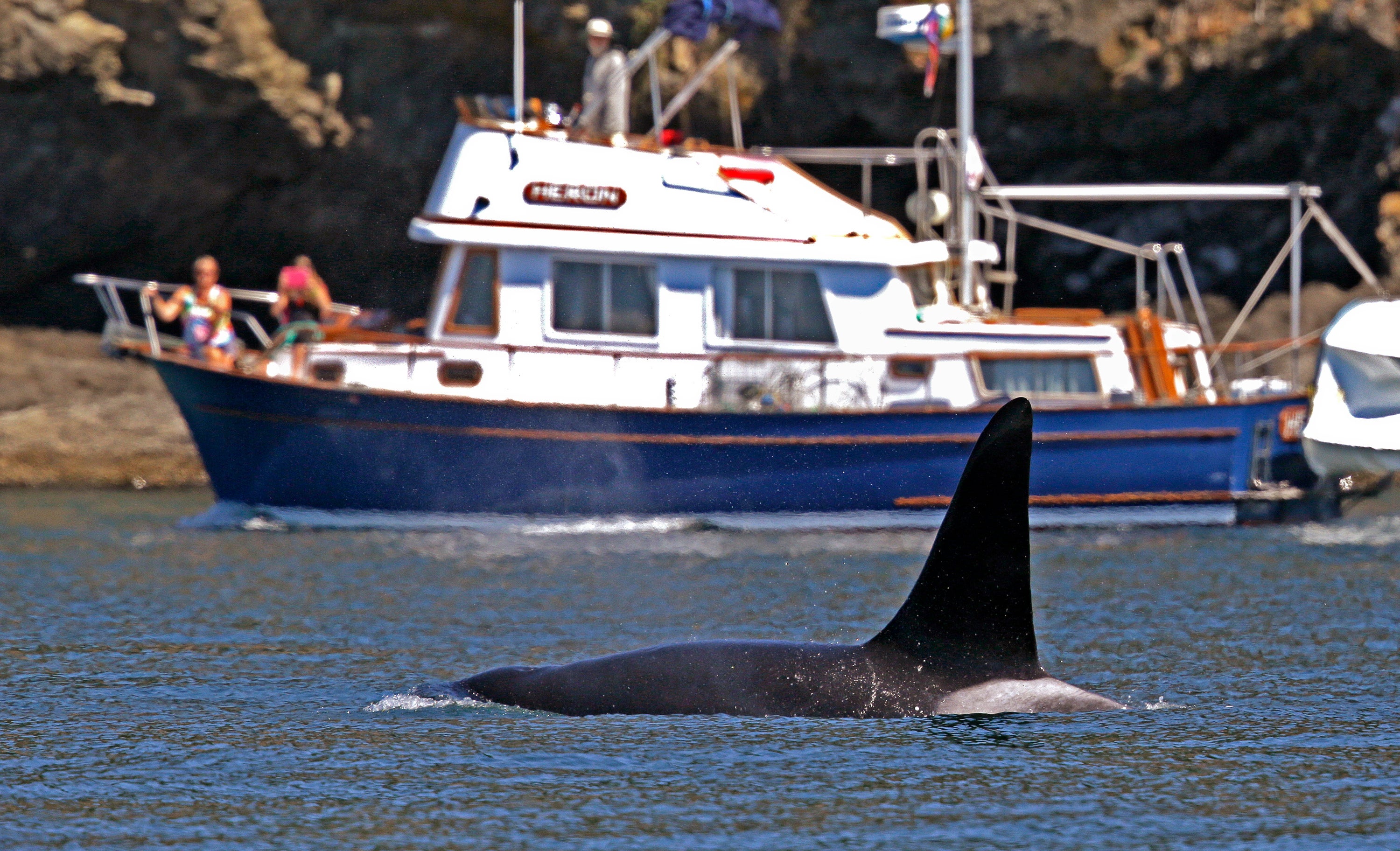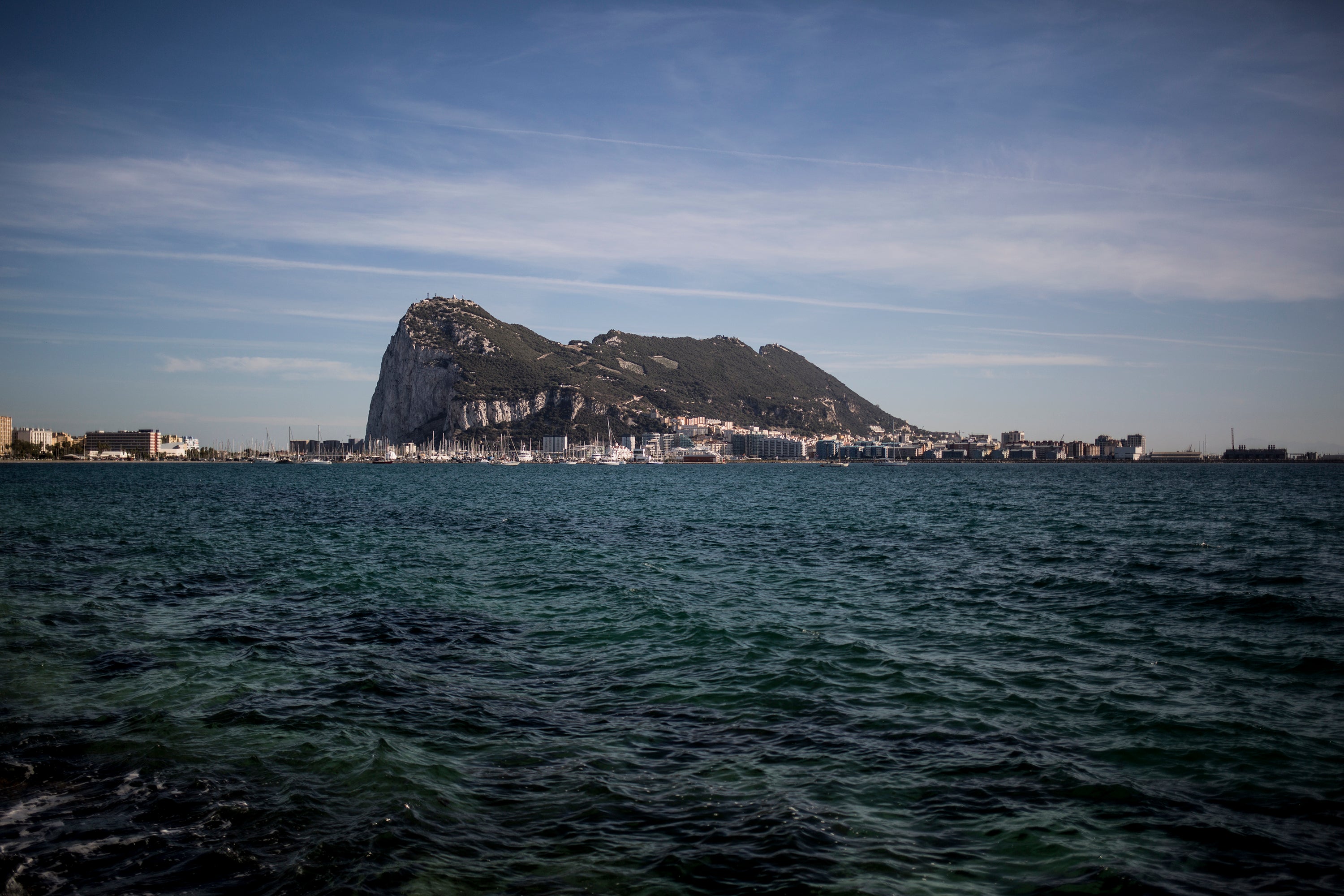Ships told to change routes as killer whales terrorise European coast
It follows another attack on a boat off the Straight of Gibraltar
Your support helps us to tell the story
From reproductive rights to climate change to Big Tech, The Independent is on the ground when the story is developing. Whether it's investigating the financials of Elon Musk's pro-Trump PAC or producing our latest documentary, 'The A Word', which shines a light on the American women fighting for reproductive rights, we know how important it is to parse out the facts from the messaging.
At such a critical moment in US history, we need reporters on the ground. Your donation allows us to keep sending journalists to speak to both sides of the story.
The Independent is trusted by Americans across the entire political spectrum. And unlike many other quality news outlets, we choose not to lock Americans out of our reporting and analysis with paywalls. We believe quality journalism should be available to everyone, paid for by those who can afford it.
Your support makes all the difference.Small vessels have been warned to stick to the coastline around Spain and the Strait of Gibraltar after another Killer Whale attack.
Authorities in Spain issued the warning to avoid often-scary interactions with killer whales during summer months.
In the latest incident, two people aboard a 15-meter (50-foot) boat in Moroccan waters requested help from Spain’s maritime rescue service on Sunday after reporting that an orca knocked the craft several times, damaging its rudder and causing a leak.
The passengers felt sudden blows to the hull and rudder before water started seeping into the vessel.
They were picked up by a passing oil tanker summoned by the rescuers, and their boat later sank.
It is the latest in a string of attacks in the region that seem to have become more frequent last year. In May 2023 alone there were 20 incidents between the highly social apex predators and small vessels sailing in the Strait of Gibraltar, according to the Atlantic Orca Working Group (GTOA). Dozens of orca attacks on ships were also recorded on Spanish and Portuguese coasts.

Spain’s ministries for transport and the environment, along with its merchant marines, issued notices on Tuesday urging both sailing boats and small motorboats to beware of orcas between May and August in the area between the Strait of Gibraltar and the Gulf of Cadiz.
The Atlantic Orca Working Group, a team of Spanish and Portuguese marine life researchers who study killer whales near the Iberia Peninsula, says were 197 such known interactions in 2021 and another 207 in 2022.
Most interactions have been harmless, with orcas only touching an estimated one in every 100 boats passing through the area, according to biologist Alfredo Lopez Fernandez, of the GTOA and University of Aveiro.
A pod of orcas even disrupted a sailing race last year, when a boat sailing from the Netherlands to Italy had a 15-minute encounter with the animals, prompting the crew to drop their craft's sails and raise a clatter to fend them off.

There have been no reports of attacks against swimmers. The interactions on boats seem to stop once the vessel becomes immobilized.
The researchers say that the killer whales seem to be targeting boats in a wide arc covering the western coast of the Iberia Peninsula, from the waters near the Strait of Gibraltar to Spain’s northwestern Galicia.
The orcas off the Iberian coast average from five to 6½ meters (16-21 feet) in length, compared to orcas in Antarctica that reach nine meters (29½ feet).
Despite being referred to as killer whales, orcas belong to the dolphin family. They can grow up to eight metres long and weigh up to six tonnes.